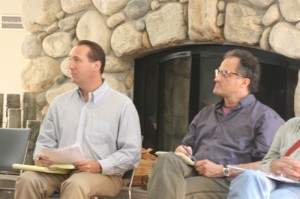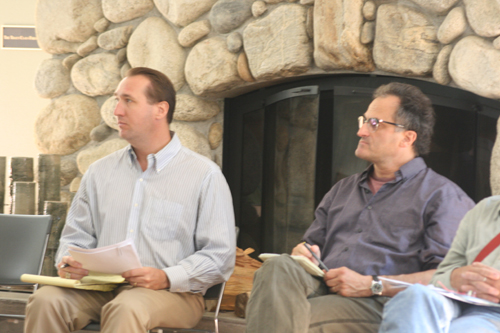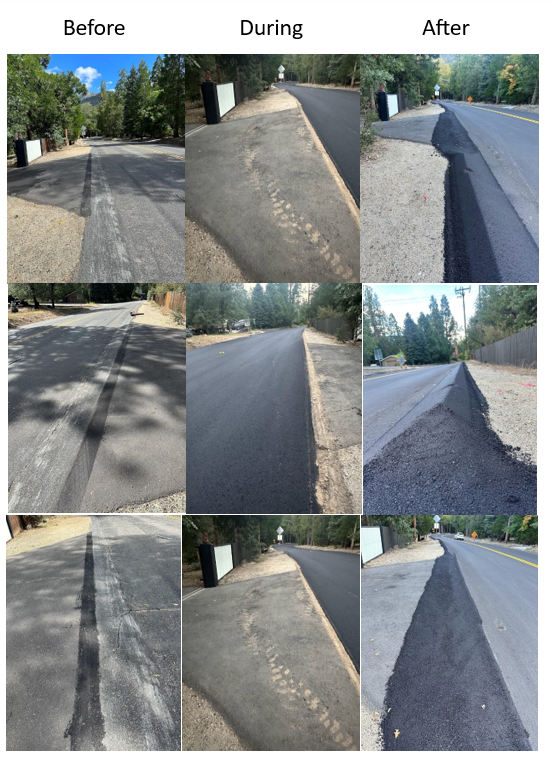
At its monthly meeting, the Idyllwild Arts Sustainability Committee discussed water conservation, energy usage, security, turning off lights and turning down thermostats.
This summer, shortly after assuming his role as school president, Brian Cohen suggested the school formalize a group to explore and implement conservation and sustainability ideas. The result is a committee comprised of more than 20 faculty, administrative staff and students.
“I said one word and the school was ready,” Cohen said.
The large group is divided into six subcommittees: curriculum and education; energy and fuel; buildings and campus; food and acquisition; local outreach and marketing; and recycling and composting.
The oversight group met with Cohen two weeks ago and reported on their initial progress.
One of the first accomplishments was a report from Jon Twichell, project management and sustainability consultant, that water usage was down 2 percent this year. The five-year goal is a 10-percent reduction in campus water usage.
One of the principal steps helping to reduce water usage is less use of trays in the dining hall, Twichell said. Fewer trays being used results in considerable water savings because they don’t have to be washed.
The Curriculum and Education Committee is helping with this goal, said Anna-Karin Li, dean of academics.
“In the short-term, we want to focus on raising awareness of the issue and instill a social responsibility in the entire school,” she said. The long-term goal is to raise awareness of environmental issues directly through the school curriculum.
“Ultimately, we’d like to see a thread of environmental themes coursing through all of the academic classes,” noted John Newman, dean of students. Besides instilling a greater sense of conservation, the school is taking steps to create savings in other areas, such as energy use.
The Energy Committee is working with Southern California Edison to conduct an energy audit of the campus, according to Twichell. In addition, new construction will be consistent with California and national standards for LEED (Leadership in Energy and Environmental Design), an internationally recognized green building certification system.
The goal is to reduce energy consumption 10 percent. Installing weather stripping will be one of the first steps toward achieving this goal.
Over time, Cohen, who is very impressed with the group’s initial success, expects the project to also produce budget savings, which can then be reinvested in the curriculum, staff and other school needs. “Freeing up to $50,000 is not unreasonable,” he said.






